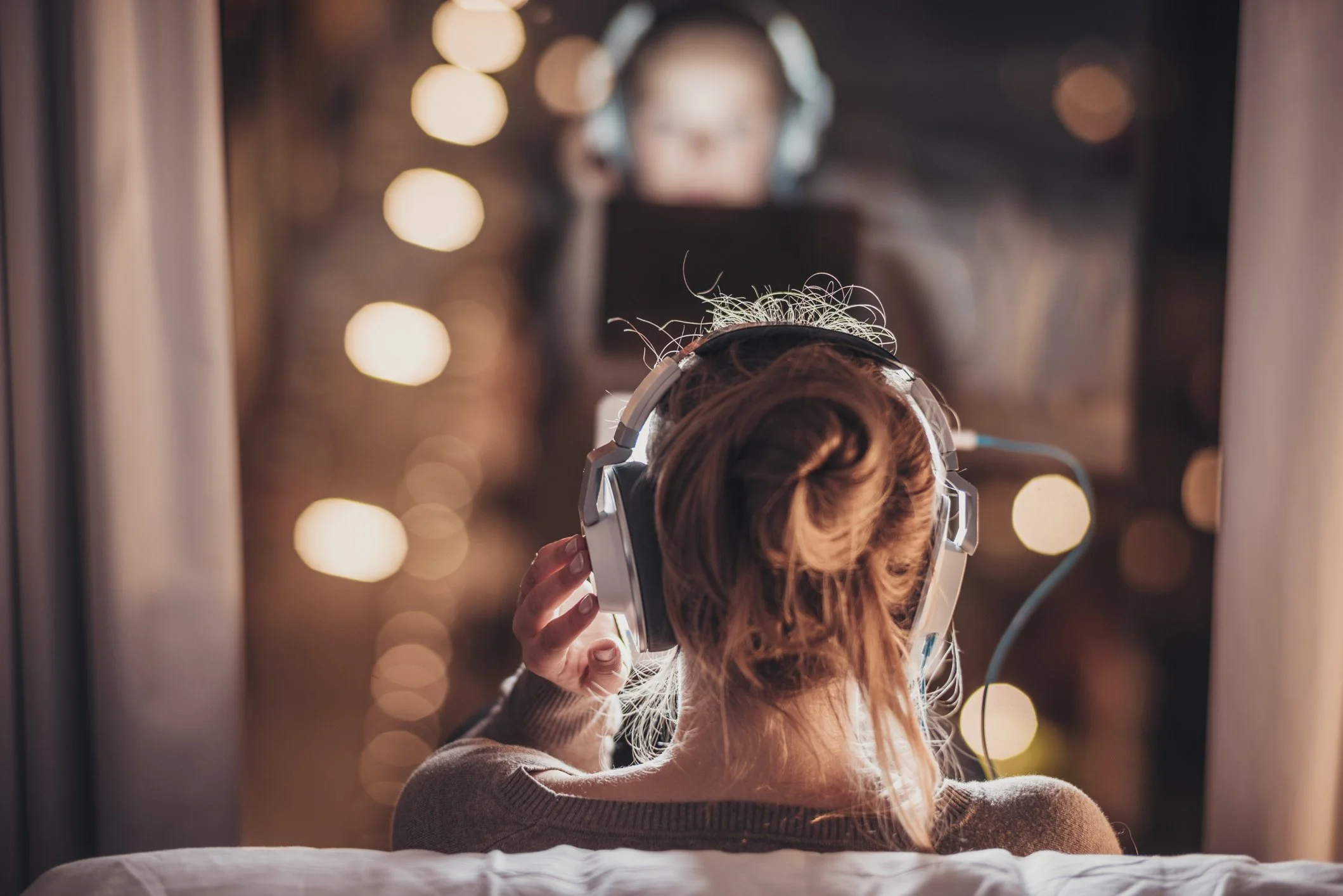
Why We’re Taking a Human‑First Stand on AI‑Generated Music
Artificial intelligence is transforming the music industry at an unprecedented pace. Faced with the explosion of AI-generated content and the legitimate questions it raises, Qobuz has chosen transparency.
This charter establishes our framework: how we use AI, where we draw our lines, and what commitments we make to our users and teams.

Hi-Res, Lossless, MP3: How to Listen to Music in 2025?
Hi-Res, Lossless, or MP3—does the question still spark debate? For Qobuz, a pioneer in high-quality audio since 2007, the answer is clear: your ears deserve better than MP3.

Young People and Music: An Uncompromising Generation
Music has never been as accessible as it is today, yet expectations have never been higher. Born into the digital age, Generation Z has made music an organic part of their daily lives, far beyond its entertainment function.

Music Streaming: How Are Artists Paid and How Can We Support Them?
Music streaming has profoundly transformed the music industry. In the past, artists primarily earned a living from physical album sales and concert tickets. The rise of streaming has radically changed this economic model. Today, revenues mainly come from online plays on streaming platforms.

Musical Streaming: Will Artistic Value Survive in the Era of AI?
In a rapidly expanding market of musical streaming, the surge of artificial intelligence raises significant questions about the future of music. In this context, what balance do we wish to establish between the role of algorithms and human subjectivity to preserve cultural richness and artistic uniqueness? It's time to engage in an authentic debate about the place of humans and AI in the music industry.
How Does Sound Quality Affect Our Hearing Health?
The World Health Organization predicts that by 2050, more than 700 million people globally will have serious hearing problems. Many young people —around 1.1 billion— are especially at risk of permanent hearing loss because they're exposed to loud noise regularly. These numbers highlight the need to spread awareness about how the quality of sound affects our hearing health.
